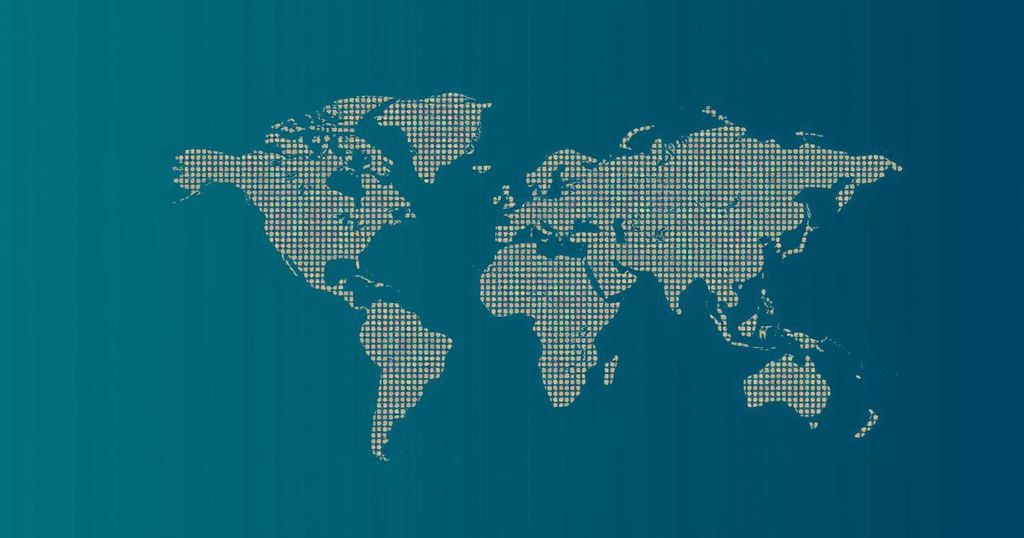COP29: A Call for Developed Economies to Prioritize Lives Over Profits
COP29 in Baku underscores the urgent necessity for developed economies to prioritize human life over profits in climate finance negotiations. Recent extreme weather incidents like the floods in Spain highlight the escalating crisis. As leaders discuss a new climate financing framework, the emphasis remains on increasing annual contributions, which currently fall short of the $5.8 to $5.9 trillion needed by developing countries by 2030. The ongoing negotiations reveal a concerning trend, where developed nations attempt to offload their financial responsibilities onto others, jeopardizing climate justice.
The event known as COP29, taking place in Baku, Azerbaijan, highlights the urgent need for developed nations to redefine their approach to climate finance, prioritizing lives over profits. The recent devastating flash floods in Spain serve as a grim reminder of the escalating climate change crisis. As global leaders gather, discussions focus on a new framework for climate funding, building upon the previous commitment to mobilize $100 billion annually for developing nations. Despite reaching the previous funding target in 2022, experts assert that the funding required to adequately address the climate needs of these nations is in the trillions, with estimates ranging from $5.8 to $5.9 trillion by 2030. Current negotiation tactics, however, indicate a troubling trend, where wealthier countries seek to shift their financial obligations to emerging economies and the private sector. This strategy not only delays progress but also undermines climate justice, as developing nations often bear the brunt of climate-related disasters without sufficient resources to adapt or recover. The negotiations observe a significant lack of consensus regarding the new climate finance deal, particularly concerning the sources and types of funding. While developing nations have proposed viable frameworks for the funding mechanism, their voices are being overshadowed by the developed world’s preferences for leveraging private investments rather than securing necessary grants. This situation risks perpetuating the debt crises in many of the world’s poorest nations, which currently expend more on debt servicing than on essential services, such as healthcare and education. As COP29 unfolds, it becomes increasingly clear that the commitment to climate action must not merely serve the interests of the financial sector. Instead, it must align with the principles of equity and justice by providing substantial, grant-based financial support to the most vulnerable countries. Unless developed nations pivot towards a model that prioritizes human well-being, the credibility of international climate agreements, including the Paris Accord, could be severely compromised, jeopardizing global efforts to mitigate the effects of climate change and ensure a sustainable future for all.
The article discusses COP29, emphasizing the importance of prioritizing humanitarian needs in climate finance negotiations. It reflects on recent natural disasters in developed countries, like the floods in Spain, showcasing the increasing severity and frequency of climate events. The historical context includes the commitment made in 2009 to mobilize $100 billion annually for developing nations, a promise fulfilled only recently. The looming climate finance requirement for developing nations is highlighted, underscoring the need for a more ambitious climate finance deal at COP29 to address the enormity of climate-related needs.
In conclusion, the ongoing COP29 negotiations signify a pivotal moment for international climate finance, demanding developed countries to recommit to the principles of equity and justice. The urgency to create a comprehensive funding mechanism that not only meets the needs of developing nations but also adequately prepares them for future climate challenges is increasingly vital. By choosing to prioritize human life over profit, developed nations can help ensure the success of international climate efforts and foster a more sustainable world.
Original Source: www.aljazeera.com




Post Comment